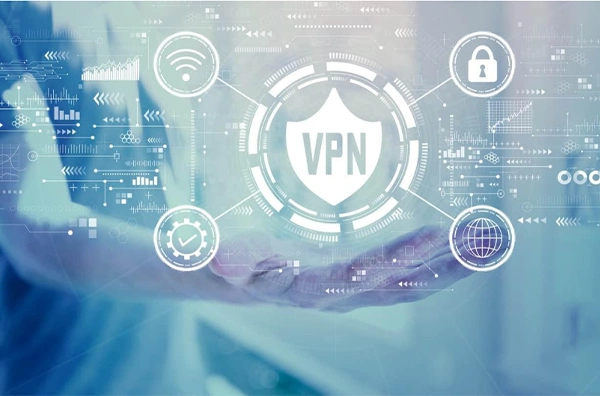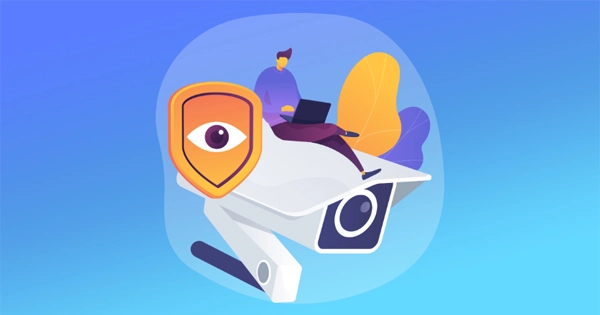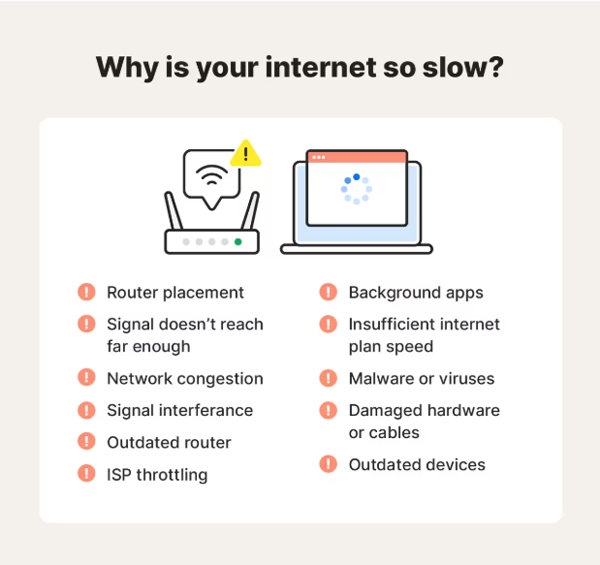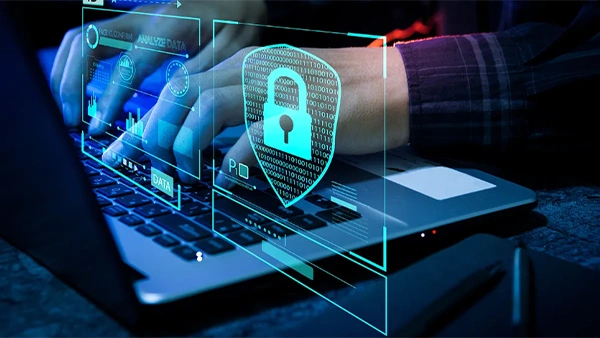KEY TAKEAWAYS
- VPN allows users to bypass geo restrictions.
- Data security and integrity is maintained.
- Browsing is done anonymously when VPN is connected.
- Digital footprints are reduced significantly.
- VPN eliminates bandwidth throttling and increases network efficiency.

“Privacy is not for the passive.”
— Jeffrey Rosen (American legal professional)
Are you scared of getting in trouble while using the internet or being the victim of hackers or other risks? If yes, then don’t worry because VPN (Virtual Private Network) can protect you from everything.
It’s a service provided by Surfshark or other such distributors and the global market for VPN was valued at $72.89 billion in 2024 and is expected to reach $534.22 billion by 2030, showcasing a rapid growth.
But what is a VPN? In this article, I’ll mention the real benefits of VPNs and why everyone needs to use them. Let’s get started.
Let’s start from the basics. A VPN or Virtual Private Network, is an encrypted connection between a device and a network. Users can access the Internet without having to reveal their true identity, as their real IP address is masked by the VPN.
This results in safe and secure browsing, and several threats are eliminated. Browser activity, location, and everything else gets hidden, and now individuals can surf through the web without care, all thanks to VPN.
Now, it’s time to know about the best 5 benefits that come with VPN and make it absolutely necessary to use. This includes:
I don’t know about you, but I get really frustrated when I want to visit any site, and it is blocked in my region. For a long time, I missed out on a lot of things until someone told me that VPN lets you bypass geo restrictions.
Yes, so if you are being blocked while trying to visit any website, just connect to VPN since it changes the user’s IP address with its own IP address. The servers can’t tell where you are from and give you permission to go ahead and access the page.
One of the key features of using a virtual private network is that your data will be safe in every situation. It uses encryption to ensure that your information is safeguarded and can’t be manipulated by anyone for a wicked purpose.
Hackers would be left wondering about the identity of any individual and wouldn’t be able to breach in since VPN wouldn’t let them in on the real network, instead, they would be transferred to the wrong location. Basically, it would fool them.
Several sites anonymously keep tracking your online activity, but again, a VPN doesn’t allow that. It won’t even let them collect any of your data that you leave behind while surfing around the internet, and your digital footprints are also lowered.

Nobody wants their browsing activity to become visible or tracked by any outsider. But our ISPs (internet service providers) keep tabs on everything that we do on the web and breach our privacy, and there’s nothing that can be done. Or there is?
When a VPN is enabled, even the ISPs are kicked out, and they can’t see what you’re doing on the internet. Data throttling, which means your internet speed gets slow, usually because of heavy traffic, is also eliminated as VPN avoids data caps and increase network efficiency.
There are times when ISPs suddenly think, “Yeah, we should slow the internet speed.” It’s solely because they wanted to: there is no appropriate reason for it. Bandwidth throttling can be triggered when you visit certain sites or do certain activities on the web.
In case you are using data excessively, like 60-70 GB in a week, the speed would be decreased by the service provider, as they are not happy with the usage. But, with VPN’s encrypted transmissions, it will cloak your internet activities, and the ISP won’t know what you are doing or where you are going.
There are more reasons for why your internet speed gets slowed down, and those can be seen in the infographic below.

While it may sound like a cliché, a virtual private network can significantly reduce costs. There are VPN’s with cloud-computing configurations, which save up a lot of money on support services.
Suppose you have an on-site setup. To handle all the tasks, a team of IT staff will be hired who will monitor performance and keep up with the servers. Apart from that, it takes hours to identify any threat and even longer to eliminate it, and regardless of whether the problem gets solved or not, the IT staff will get paid.
However, when you opt for a good VPN service, the provider will do all these tasks more effectively, and their security is top-notch and keeps hackers, malware, or any such risks away, and even if there is any breach within the network, it would be taken care of immediately.
FUN FACTVPN was invented by a Microsoft employee in 1996!

VPNs are very useful and can help users in various ways. It’s a way of connecting with the world in a more secure way. But, yes, it’s not perfect either. There are some disadvantages as well, like slower connection speed or more data consumption, but these are nothing to worry about.
It protects your data, browsing is done anonymously, reduces support costs, in conclusion, it does everything that can elevate your surfing experience. Since there are millions of options available, it’s important to choose the right VPN provider, so compare its prices and features before settling for any.
Yes, VPN makes your internet faster as it helps you avoid bandwidth throttling, which is done by the ISP.
While it’s not easy, it’s not impossible either to hack a VPN. It will take a lot of time and can only be done by a professional hacker, as a VPN has strong encryption.
No, VPNs don’t stop viruses from coming into your device or send an alarm, but it does keep hackers, malware, and other sorts of risks away.
